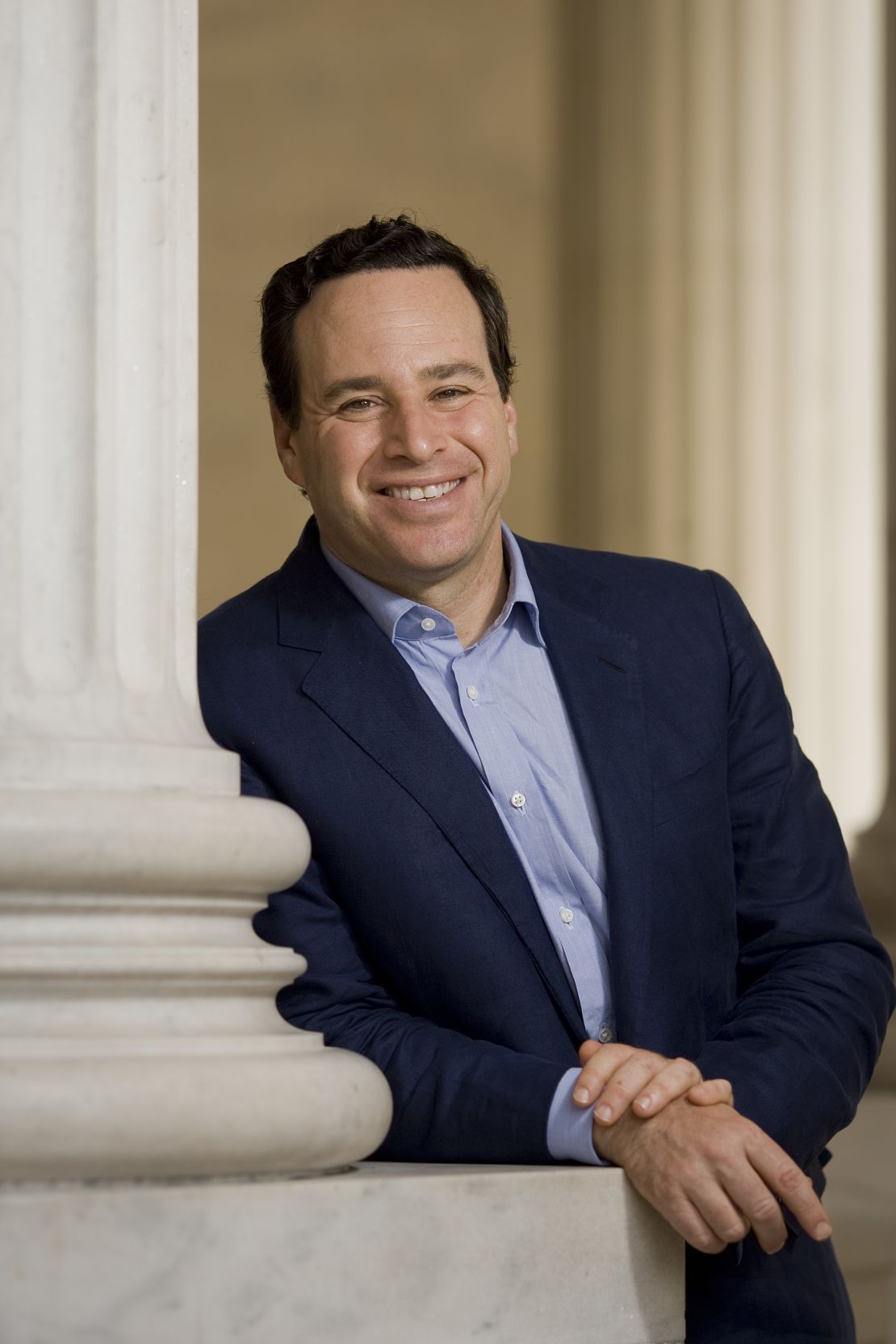Editor’s Note: David Frum, a CNN contributor, is a contributing editor at The Daily Beast. He is the author of eight books, including a new novel, “Patriots,” and a post-election e-book, “Why Romney Lost.” Frum was a special assistant to President George W. Bush from 2001 to 2002.
Story highlights
David Frum: Chris Christie's team broke rules to gain revenge against opponent
He says question for governor is whether he can learn from this episode
Running for president is a test of character, Frum says; can Christie overcome his flaws?
Frum: Ex-President Nixon realized too late that hating his opponents was his undoing
“Obama did worse.” “Christie’s toast.”
Those are the two main things media commentators, from the right and the left, said about New Jersey Gov. Chris Christie this week. Together, they expose the carelessness of the way we talk and think about the people who aspire to the presidency.

Start from this point: Many on Christie’s staff are implicated in an abuse of power that inflicted harm upon tens of thousands of people.
Perhaps the governor didn’t know that his staffers had gleefully ordered a traffic disruption on the George Washington Bridge last year. There is no evidence that he did know. On the other hand, these were the people the governor had chosen. This was the culture of the office he led.
Opinion: A Chris Christie prosecution would be political dynamite
The phrase “the buck stops here” – used by the governor at his news conference last week – doesn’t just mean the boss makes the final decision. It means the boss accepts blame for things that go wrong, just as he gains credit from things that go right. It means that “I didn’t know” is not an acceptable excuse.
But now proceed to this point: Almost everybody who seeks the presidency has demons to slay on his or her way to the office. The long road to the highest office in the land is a contest not only against political rivals but against the flaws of a candidate’s own character and temperament.
We all have such flaws. In would-be presidents, they tend to be outsized and to carry outsized importance. What we are looking for in a president is not a person without such flaws but a person who has struggled with them and overcome them.
When a politician gets into trouble, as Christie has done, pundits suddenly decide that it’s their job to mimic crisis managers. They offer advice on what the politician should say, what gestures he should offer, so as to escape blame and deflect criticism.
Opinion: Christie’s bogus ‘stages of grief’
But what matters after an episode like the bridge story is not the show of contrition but the real lessons learned. Trouble now can even be a politician’s friend, if it jolts him off a path leading to worse trouble later.
What Christie faces in the bridge uproar is not a communications challenge but a personal growth challenge. Can this combative politician recruit and run a team that understands better what is acceptable in political combat – and what is not?
At his news conference after the damning bridge e-mails came to light, Christie repeatedly denounced the abuse of conduct as contrary to his personal standards. Can he enforce higher standards in the future?
Christie has a style and sensibility that has brought him far as a politician. He’s just received a sharp warning that this style and sensibility will take him no further. Conflict is intrinsic to politics – but conflict governed by rules, written and unwritten.
Opinion: Christie’s choice – Be seen as a crook or schnook?
Christie’s team broke the rules to score revenge against a political opponent. Would a Christie White House govern the country in the same score-settling way? Even people inclined to support Christie are now wondering. His future will depend on convincing people that he’s learned his lesson and changed his ways, and the best way to convince people that you have learned a lesson is actually to learn that lesson and actually to change your ways.
At the end of his own career, Richard Nixon delivered an eloquent self-assessment of his own failure as president: “Always remember others may hate you, but those who hate you don’t win unless you hate them, and then you destroy yourself.” Unlike Nixon, Christie can benefit from that wisdom at the beginning of a presidential career rather than at its tragic end.
Follow us on Twitter @CNNOpinion.
Join us on Facebook/CNNOpinion.
The opinions expressed in this commentary are solely those of David Frum.
























